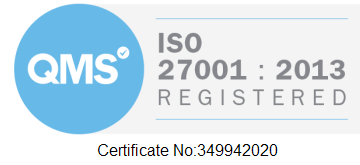Cloud technology transforming efficiency in the workplace
For traditional office-bound work, cloud technology has allowed us to perform remotely, the tasks we could only successfully perform in the office a short while ago. Concerns around keeping data confidential, sharing and collaborating with your team and clients whilst providing customer value are all achievable leveraging the cloud to a degree unimaginable several years ago.
Energy is similar to other industries in that not all work can be delivered remotely. Typically, the work which still has to be performed on-site requires highly skilled individuals. However, when we apply cloud technology effectively as a commodity service it can remove a whole layer of administration allowing customers, consultants and suppliers to work on the aspects of energy that matter and add value. The benefits of leveraging the cloud begin with minimal development, enabling you to eliminate the need to build a solution from scratch, reducing the pressure on your internal development team generating a cost-effective platform from the start.
Our thoughts when considering a ‘cloud first strategy’
- There is a difference between cloud hosted technology and a true SaaS. Many legacy technologies can move to a cloud hosted environment where database virtualisation can save costs. However, this is a short-term solution and does not leverage the latest in Platform as a Service (PaaS) where you pay as you use. This is vastly a more cost-effective solution which allows software services to perform at scale. In a virtual machine environment, the “lights are on” in terms of certain services whereas in PaaS you switch the lights on and off as you use them. This is beneficial for cost control as well as for the environment.
- For successful use of cloud technology, it is important to leverage the full suite of tools and frameworks underpinning the cloud vendor offerings. At Utilidex we rely as much as possible on these frameworks to ensure our software is secure and data is up to date. We are also able to quickly and efficiently implement new technologies, such as machine learning, at a flick of a switch. This allows us to provision a true SaaS environment for our customers and upgrade all our customer environments in one go every 2 weeks. In turn this provides us with an edge in terms of our ability to innovate and deploy against software providers who deploy different software updates to each client.
- Cloud technology allows businesses to remove hidden technology costs. For many organisations technology is a large OPEX cost which is difficult to control. As change is inevitable, either caused by regulation or changes in customer behaviour, our systems must be capable of adapting to this change. Adopting cloud effectively puts most businesses in a position of IT transparency where software is run as a service and there are no hidden costs. Traditional software firms who charge out for technology support and improvements are unlikely to be truly cloud based since their overheads are appreciably higher.
What does cloud technology mean for the future of energy?
If your business has not adopted cloud to manage workflow, data and reporting then your business may be at risk to your competitors with a higher cloud adoption rate. In the near term we see energy bureau services, energy procurement together with trading and billing/ utility self – billing as being major areas for genuine cloud deployment providing substantial cost of serve opportunities. If they leverage the PaaS, it would allow for flexibility and efficiency throughout the whole life cycle from building and testing to managing and updating. Saving your IT/development teams time and money, enabling them to focus on adding real value to their customers. Further key services such as carbon reporting lend itself to cloud and Utilidex is making substantial investments in this area.
Over the longer term, our view is not adopting cloud is quite simply a “missed opportunity”. Machine learning, robotic process automation (RPA) and quantum computing are areas where technology will continue to outflank traditional ways of working with technology. In 10 years’ time it will be easy to reflect on the technologies we use now as being archaic in comparison. All these will be cloud centric solutions. In such a world, more likely than not we will be running technology only to discover outliers and exceptions as oppose to performing tasks.
For further information on how a cloud solution can help benefit your business, contact Vanessa Adams, [email protected].



